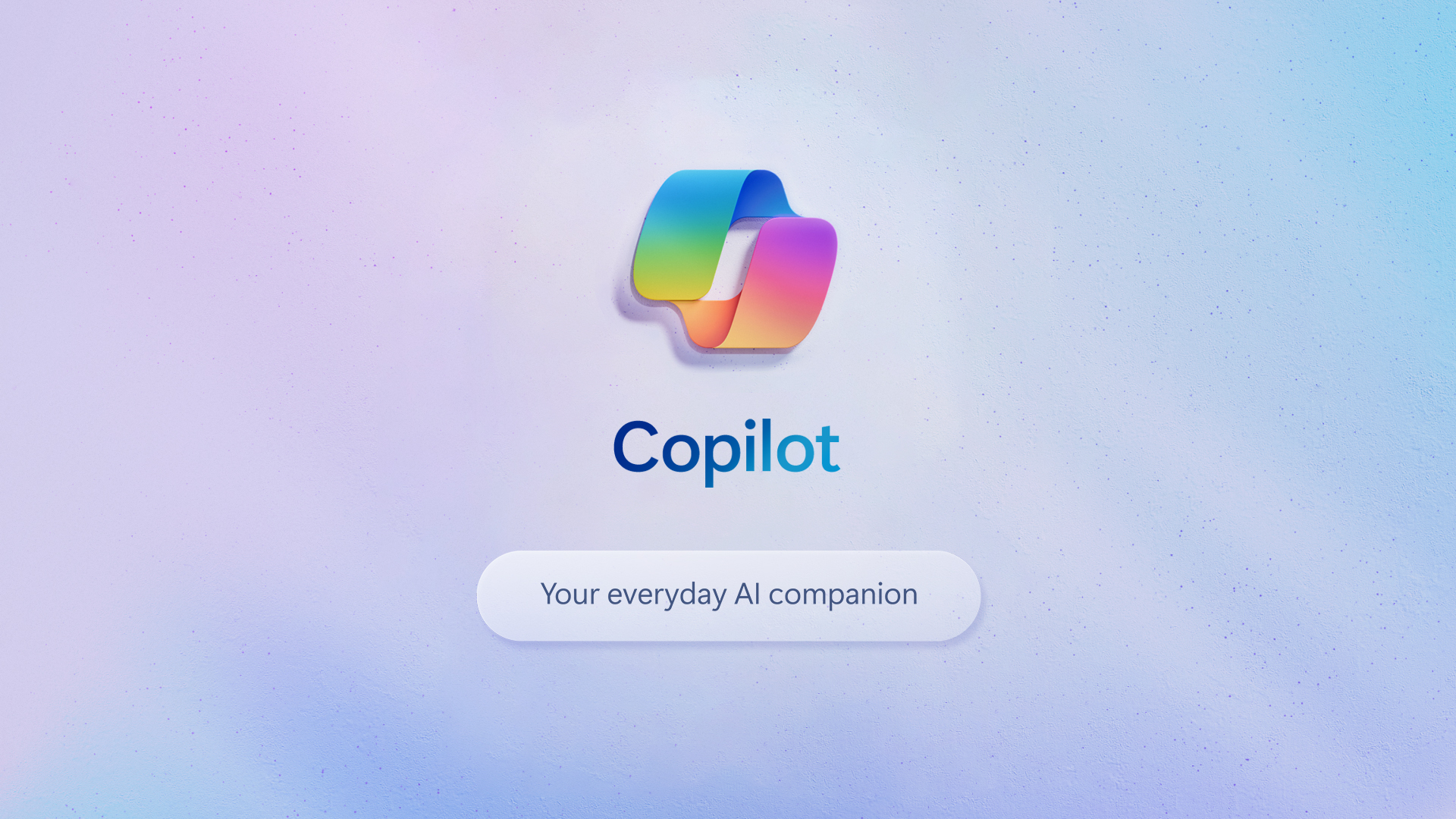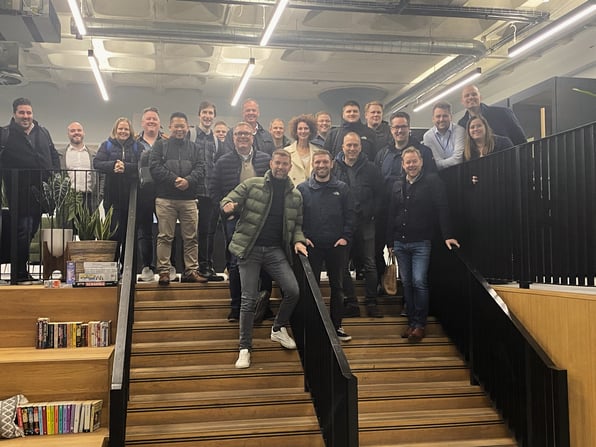Do you remember what you were doing on January 1st, 2020?
Learn how COVID-19 impacted cybercrime
Imagine someone telling you everything that the year 2020 had in store. Panic buying, a global pandemic, mandatory facemask wearing, hand sanitising and numerous worldwide lockdowns. You would never have believed them.
The rise in cybercrime since 2020 – Cybercrime statistics
Let’s take a look at the cybercrime statistics. In 2020, according the an official government survey, ‘almost half of businesses (46%) and a quarter of charities (26%) report having cyber security breaches or attacks in the last 12 months’.
‘One in five (19%) of the 46% have experienced a material outcome, losing money or data’
‘Two in five (39%) were negatively impacted, for example requiring new measures, having staff time diverted or causing wider business disruption’
‘Among the 26 per cent of charities reporting breaches or attacks, a quarter (25%) had material outcomes and over half (56%) were negatively impacted’
As you can see from the cybercrime statistics, one thing that is still being understood is the tsunami of global cyberattacks riding on the back of the worldwide pandemic that began in 2020. From cybercriminals targeting COVID-19 vaccine research to producing fake news, there have been many popular forms of cyberattacks.
2020 was a year that challenged all industries, even more so when they faced a lack of customers, being forced to close due to lockdowns, alongside new, unique difficulties in their IT.
Unfortunately, in a crisis, there are going to be people looking to exploit everyone’s struggles. This has led to a new type of ‘gold’ that is very valuable for cybercriminals.
So what is this new gold? And how can you protect your business from the increasing sophistication and veracity of these cyberattacks?







